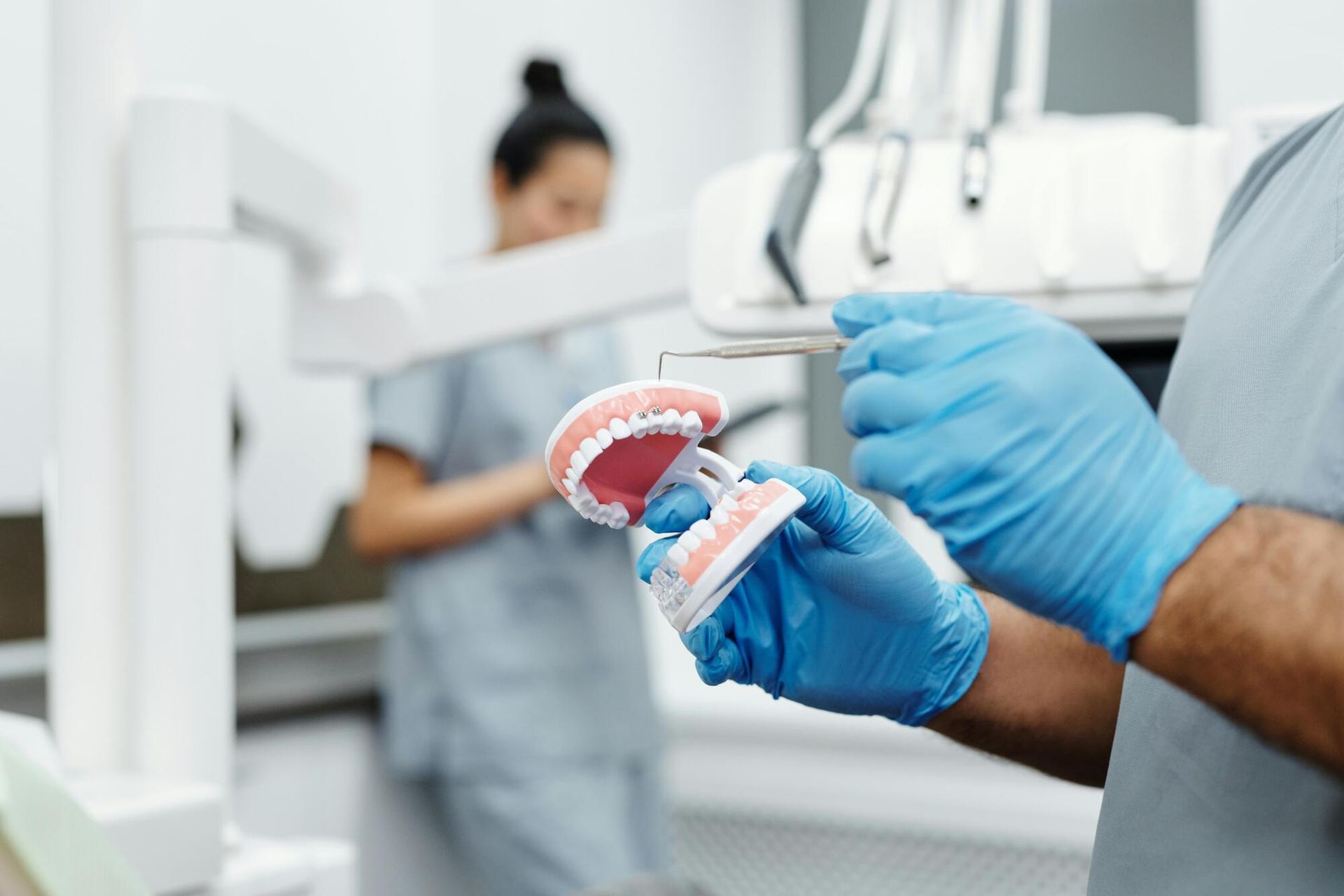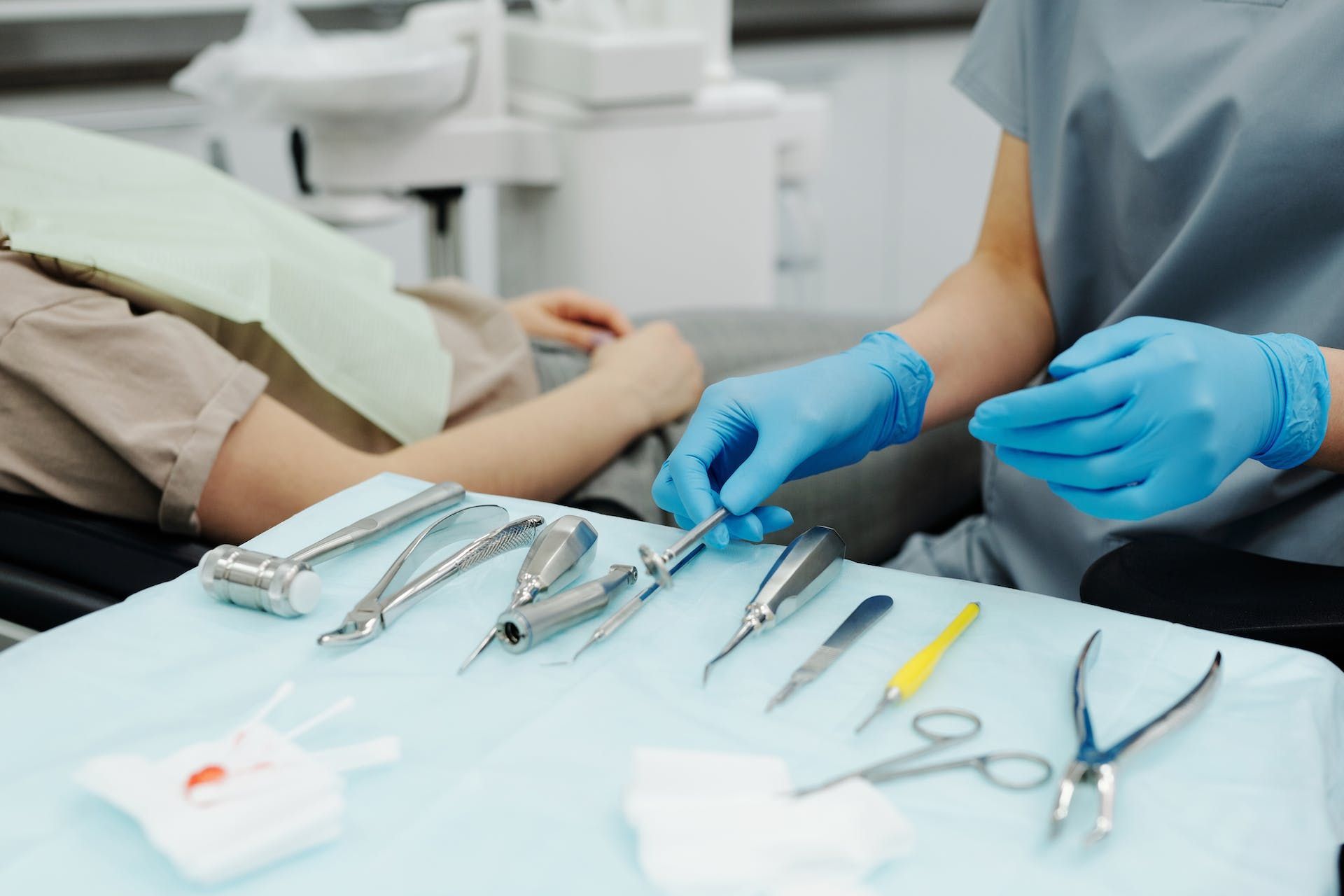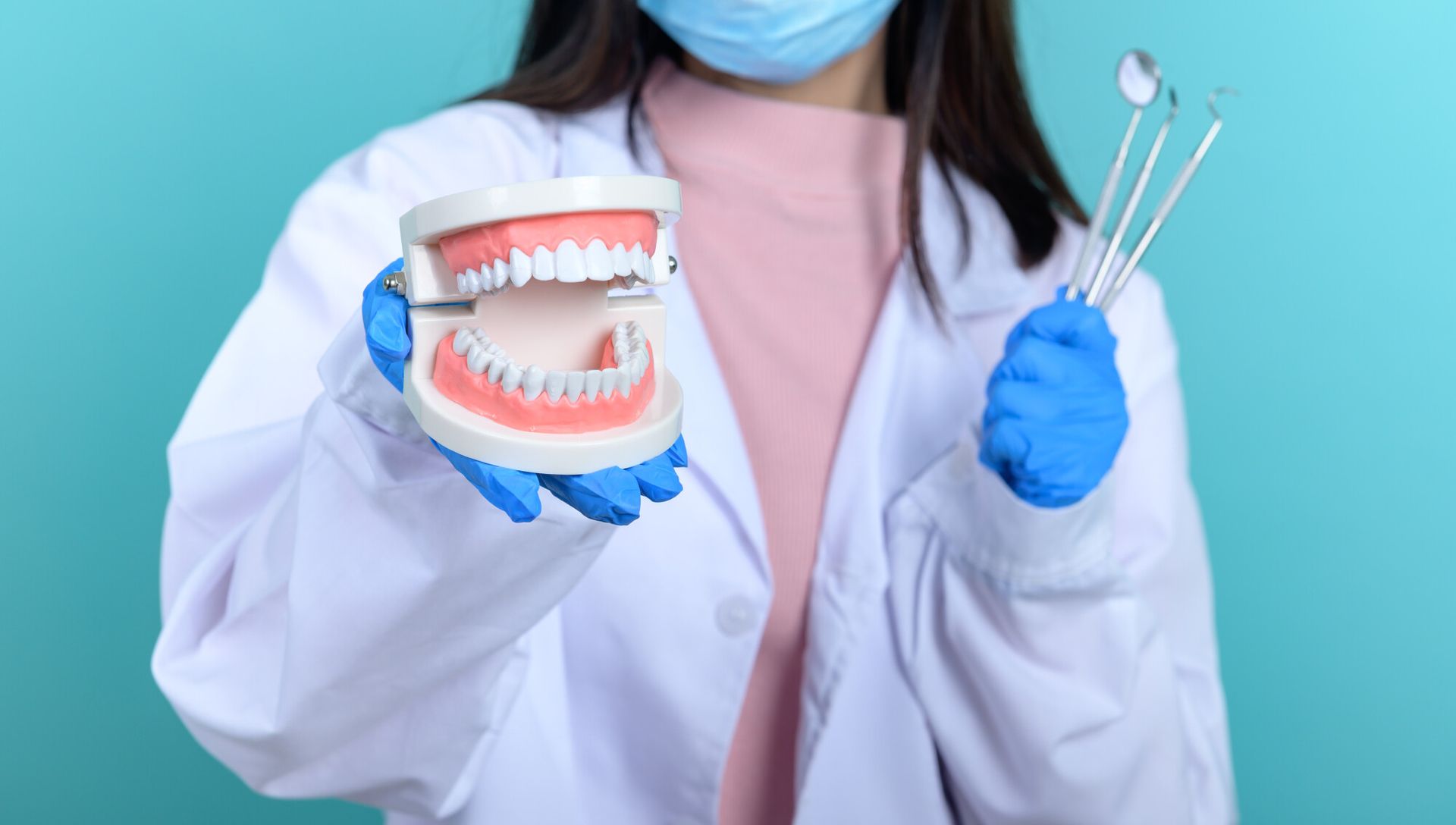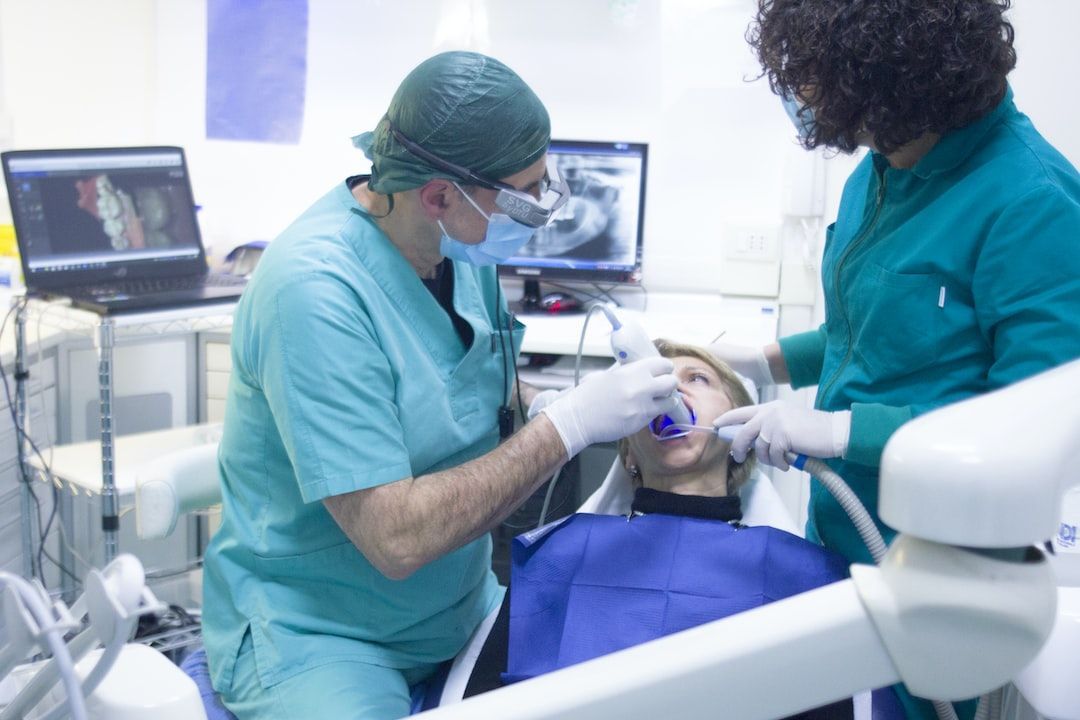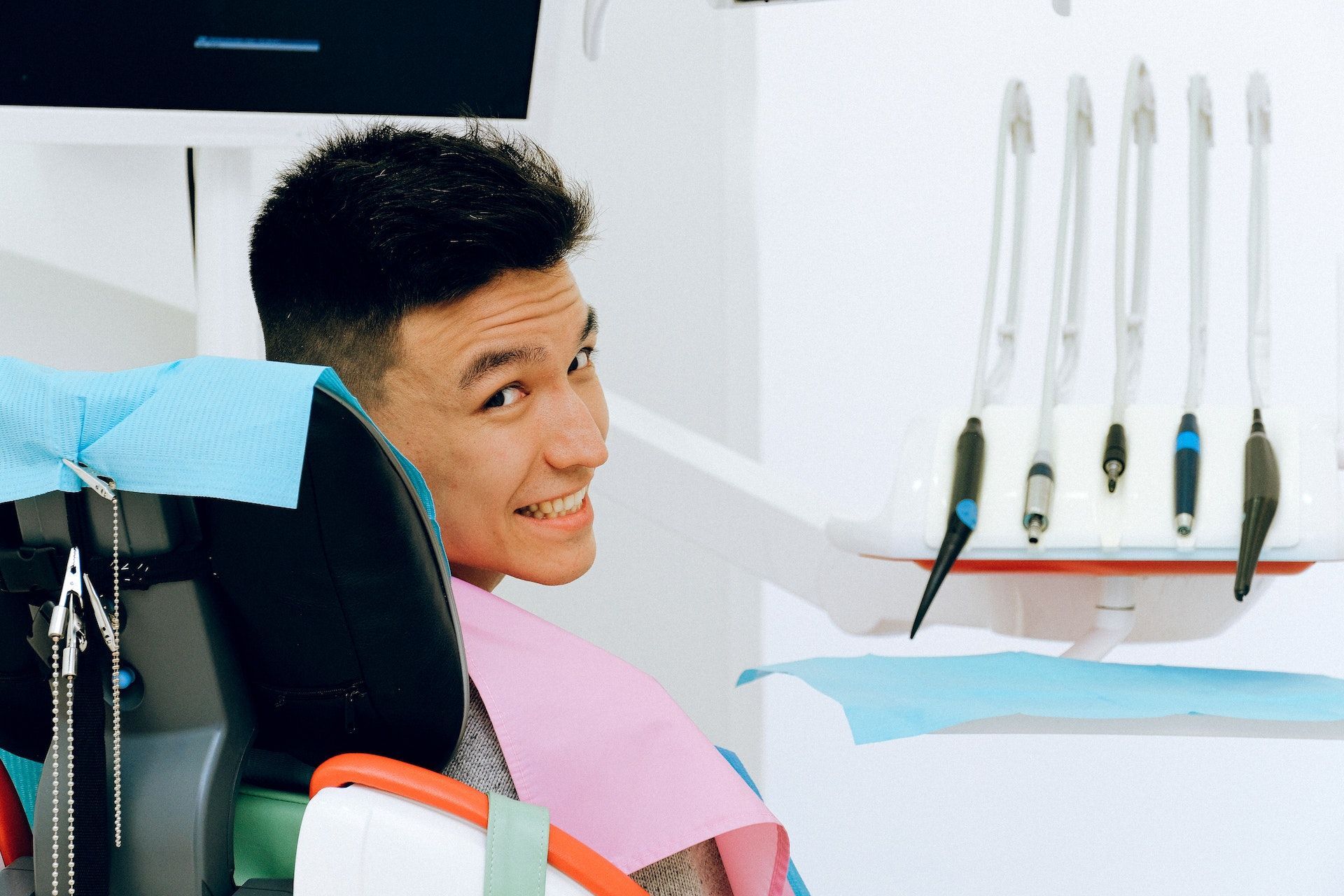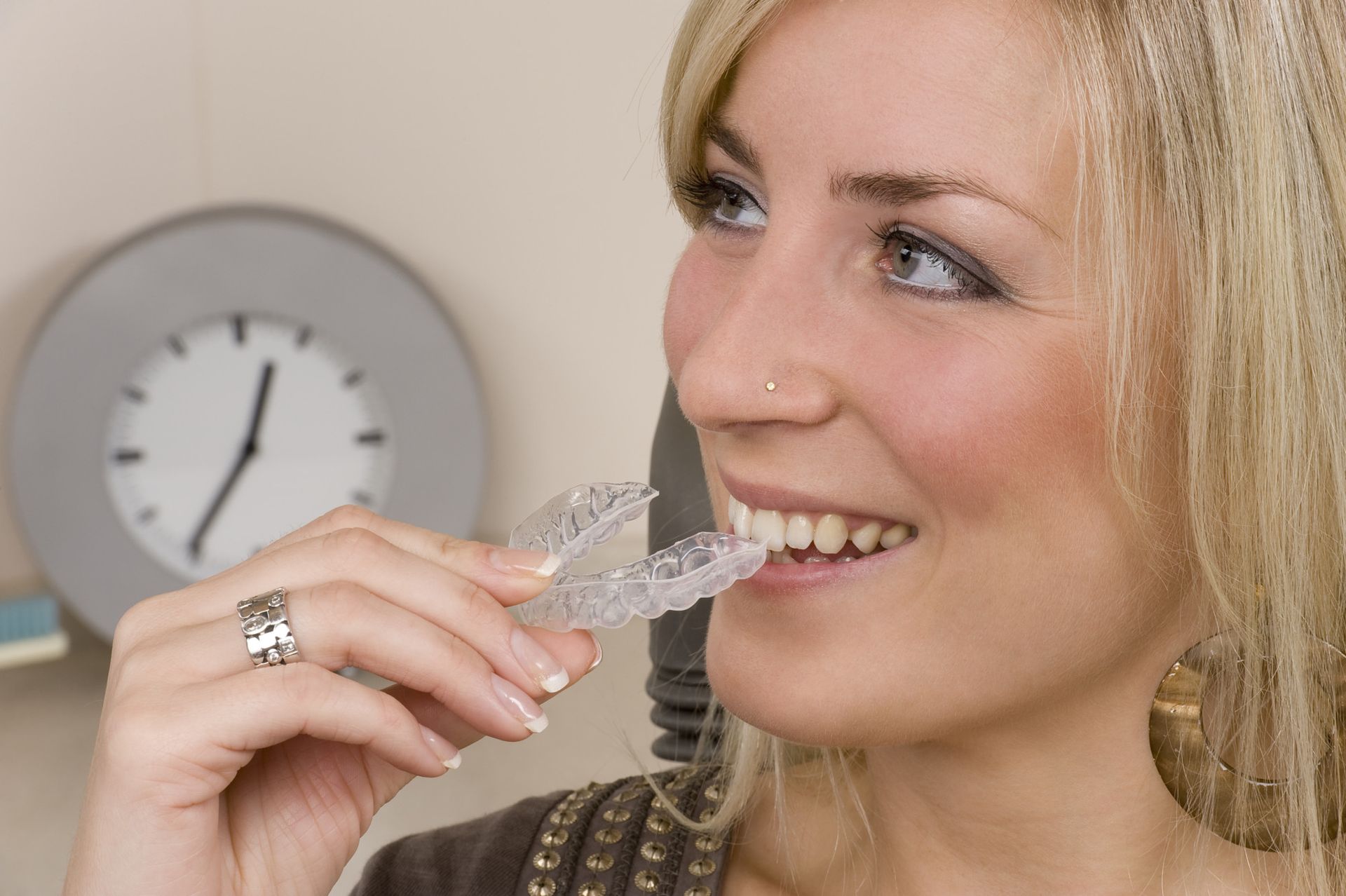Broken Tooth? Don't Panic: How to Handle a Dental Emergency
Picture this: you're crunching your favorite hard candy when you hear a sharp crack. With a sickening feeling in your stomach, you realize there's something small and solid in your mouth, and it isn't your candy. Once you fish it out, you realize it's a piece of your tooth!
What do you do? Is this a dental emergency?
Chipped and broken teeth are common dental complaints, but it isn't always clear what your next steps should be. Depending on the extent of the breakage, you might need to make an appointment for next week or visit a specialist right away. You may also have to deal with pain, inflammation, and a sharp or jagged tooth.
Here at
Dental Spa, we've gotten plenty of questions about what patients should do in these situations. Let's take a look at your next steps if your tooth has broken.
Is It Chipped or Broken?
First things first: how bad is the damage? Though no one wants a chipped or broken tooth, you might be surprised to learn that a chipped tooth isn't always a dental emergency.
If you have a minor chip that only involves the tooth enamel, you may not need to rush to the dentist. When the damage is limited to the protective outer surface of the tooth, the inner pulp remains intact.
You can tell if the damage hasn't penetrated too far by the color of the tooth. If the chipped area appears to be a single color, it's unlikely that the pulp is exposed. You should still make an appointment with your dentist, but it shouldn't be a problem if you have to wait a few days for a fix.
If you see signs of discoloration within the chipped area, the damage may have reached too far down. This exposure can lead to sensitivity and pain.
If you're dealing with a significant break that has knocked away half the tooth or more, you likely have a dental emergency on your hands. The same is true if you notice bleeding gums or inflammation. Try to get a same-day appointment with your dentist, if possible.
What to Do for a Broken Tooth
In some cases, you may not be able to get an appointment with your dentist right away. What should you do in the meantime?
Preserve the Tooth
If you can find the broken part of your tooth, save it. In some cases, your dentist may be able to place it back in your mouth!
Pick up the broken tooth by the crown. You can put the fractured tooth in a clean cup with a bit of milk to preserve it for your dentist. This gives them the best chance of reattaching it.
Clean the Area
After you've chipped or broken a tooth, do a salt water rinse. This can remove bacteria that can cause an infection.
Keep the exposed part of your tooth clean by keeping your hands out of your mouth. Don't touch the tooth, as this can transfer bacteria from your fingers to the sensitive inner pulp.
Avoid Further Damage
While you're waiting for your appointment, be careful with your broken tooth. This is especially important if you see any fractures, as these cracks can sometimes worsen with pressure.
Avoid chewing on the side of your mouth with a broken tooth, and try to eat soft foods. If the tooth has a jagged edge, you can place a bit of paraffin wax or sugarless gum onto it to keep it from cutting the inside of your cheek.
Manage Any Dental Pain
Some people who break a tooth feel no pain at all. Others notice a growing ache or inflammation over time.
If you notice any pain, try taking an over-the-counter pain reliever. Avoid NSAIDs like Aspirin, which can act as blood thinners and will cause problems if your dentist has to perform a tooth extraction. Instead, use options like Tylenol.
You can also use a cold compress on the outside of your mouth, never against the broken tooth or gums. Follow the
best practices for ice therapy, and don't use the compress for more than 20 minutes at a time.
What Your Dentist Will Do
Your treatment will vary depending on factors like the location and condition of the tooth as well as your oral health.
However, in most cases,
your emergency dentist will start with imaging to see how far the damage goes. From there, their next steps will vary:
Replacing the Tooth
For a chipped tooth or a minor break, your dentist may be able to replace the broken. This only works if you've managed to save the tooth in a clean container.
You'll also have to visit an emergency dentist fast: the longer you wait, the more cells of the tooth will die. In most cases, you'll need to have the tooth re-implanted within about two hours of the break.
Filling, Bonding, or Crown
If the tooth can't be saved, your dentist might use a filling or dental bonding to cover the damage. This involves composite resin that matches the color of your natural teeth, making the damage invisible.
For larger breaks, your dentist might place a dental crown over the tooth. This permanent fix will look like your original tooth as well.
Root Canal
If half or more of the tooth is gone, you may need a root canal. This allows your dentist to remove the exposed pulp. They will then give you a restoration, often a dental crown, to cover the damaged area.
Tooth Extraction
In rare cases, you may need a tooth extraction. This can happen if the damage extends into the root of the tooth, making it impossible to save.
Get Help With Your Dental Emergency
Here's the bottom line: if you're dealing with a broken tooth, time is often of the essence! For serious breaks, visiting a specialist can make a huge difference, especially if you begin to notice sensitivity and pain.
If you're struggling with a dental emergency, visit the Dental Spa in Jersey City! Our experienced team offers 24/7 services in dental emergencies. For fast, compassionate care,
contact us today.



